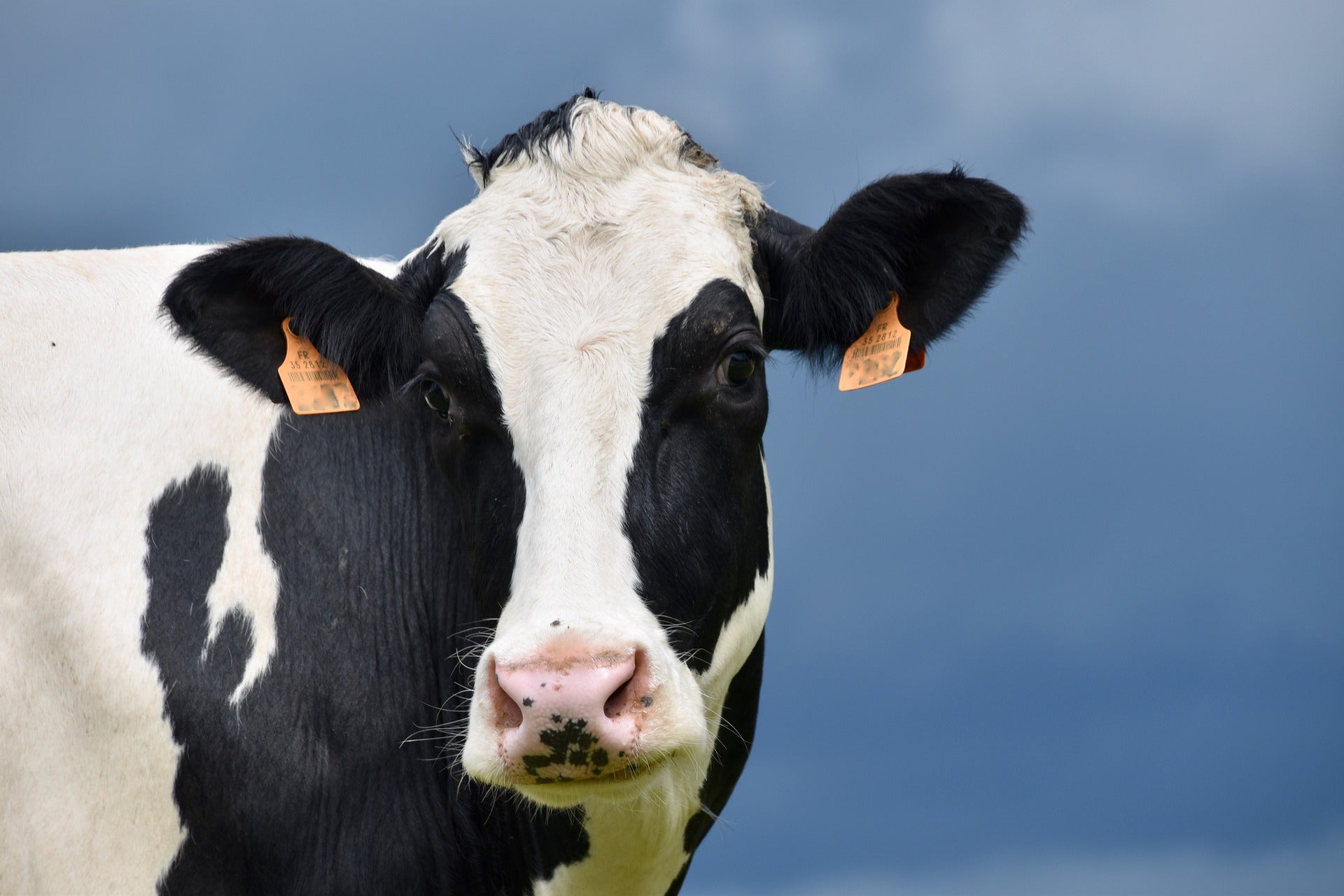
Twenty of the 40 largest livestock producers are forecast to see “net operating losses” by 2030 due to the impact of the climate crisis on their operations, a new report has predicted.
The FAIRR Initiative, an investor consortium that represents over $70tn in combined assets, made the forecast as it launched changes to a “climate risk tool” that seeks to give investors company-level data on how climate risks may impact businesses in the meat and dairy sector.

Discover B2B Marketing That Performs
Combine business intelligence and editorial excellence to reach engaged professionals across 36 leading media platforms.
In its report, FAIRR presented a “2°C business a usual scenario” in which 40 livestock companies would suffer a 7% reduction in profit margins compared to 2020 levels, equating to $23.7bn overall. Moreover, 20 of these companies including Tyson Foods and JBS, are forecast to be operating at a loss by 2030.
The scenario was created by FAIRR in partnership with IPCC scientists and models climate impacts in line with a 2°C global temperature rise by 2100.
“Potential hits to profits are driven largely by an increase in climate-related costs which are forecast to rise by over 9% on average,” FAIRR said in a statement.
“Climate change will impact agricultural production, contributing to higher feed prices, which account for 5% of the cost rise, with expected carbon taxes on emissions from livestock production making up 4%.”

US Tariffs are shifting - will you react or anticipate?
Don’t let policy changes catch you off guard. Stay proactive with real-time data and expert analysis.
By GlobalDataFAIRR argues companies should be more transparent in the disclosure of information on their climate scenario analysis, and improve their climate mitigation and adaptation strategies.
The network said only 11 of the 40 companies have disclosed their plans to mitigate risks from rising feed costs. It said six have published a “climate scenario analysis”, which FAIRR considers to be an effective method of planning effective strategies for climate risk mitigation.
According to the report, pork and poultry giant Tyson Foods could see profits plummet by over $4.3bn in 2030 compared to 2020, resulting in a net loss with a profit margin of negative 0.9%. Cal-Maine, the largest egg producer in the US, is forecast to see a profit margin of negative 13.1% due to a 15% cost increase from rising feed prices in 2030. Brazilian beef supplier JBS is set to see profits plunge by $5bn.
Jeremy Coller, chair and founder of FAIRR, said: “As investors start to factor climate risk into their long-term valuations of livestock companies, the allure of investing in meat and dairy could be approaching an expiration date unless companies take action to address climate risk.
“These figures highlight the urgent need for meat companies to adapt swiftly, or pay the financial price with investors increasingly not willing to bear the financial risk of investing in these companies.
“To mitigate the clear risk to the bottom line, companies should take a scientific approach and explore the best available strategies, including diversifying products and portfolios towards plant-based alternatives.”
Looking forward to 2050, the “2°C ‘Business As Usual’ scenario” showed that sector profits are set to fall by $38bn when compared to 2020. This is mainly due to carbon taxes surpassing feed price rises and Latin America is predicted to be most drastically affected with six companies taking a combined profit hit of $14bn.
The climate risk tool accumulates its data through the annual Coller FAIRR Protein Producer Index, which concluded at the end of 2021 that the sector is unprepared for the “decade of transition” on climate change.





